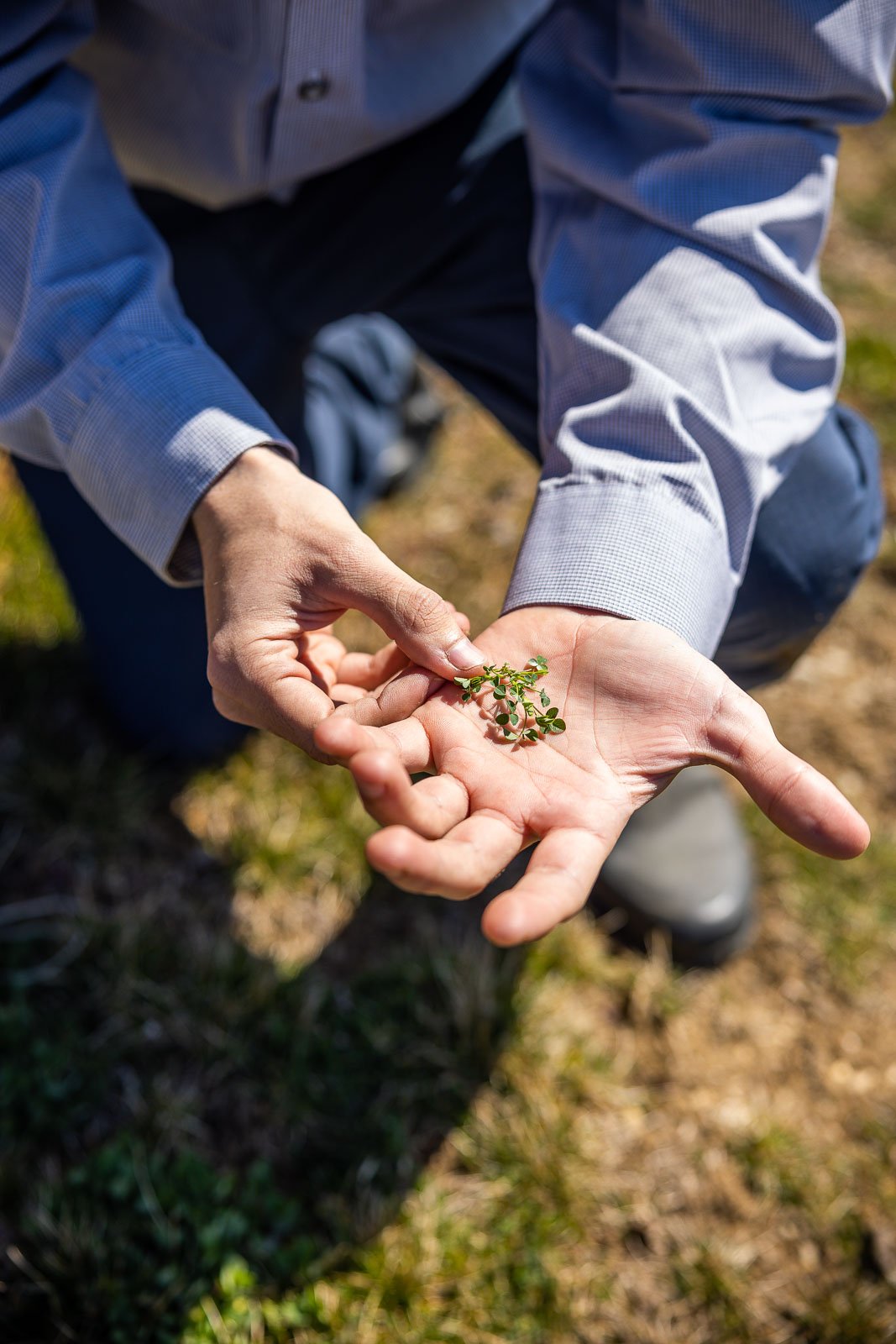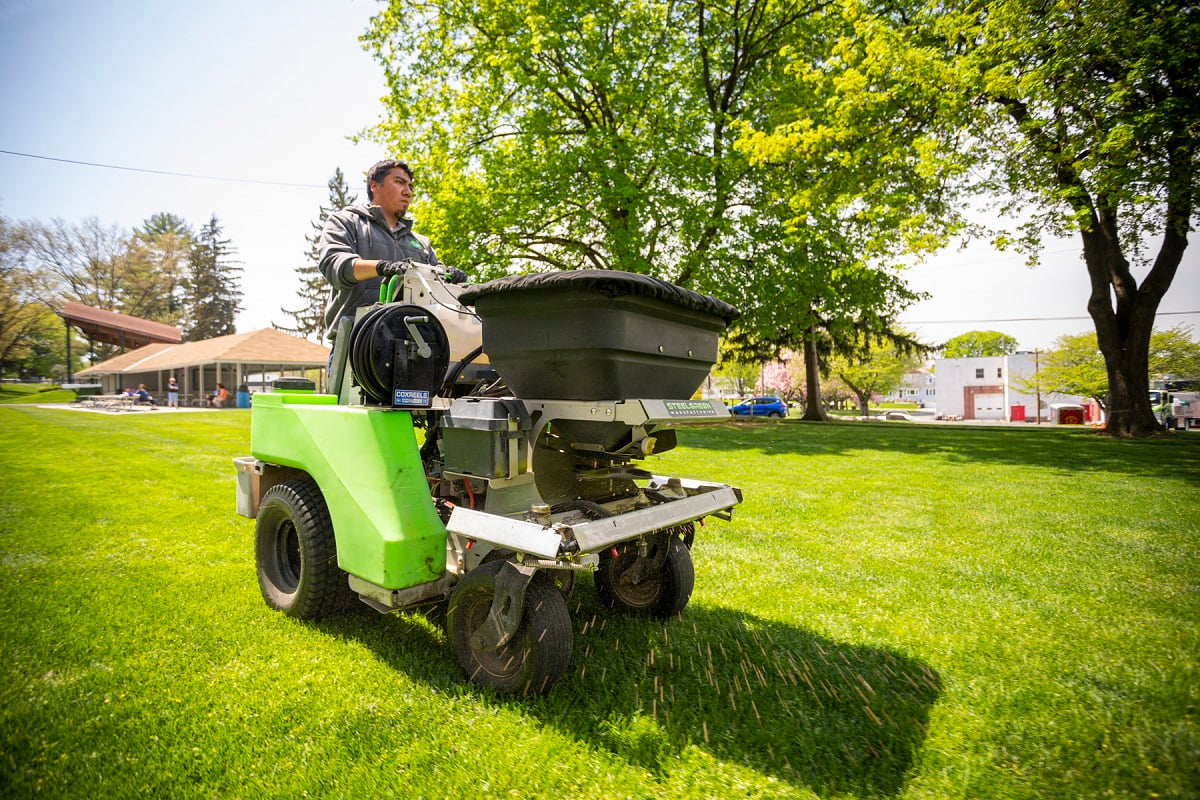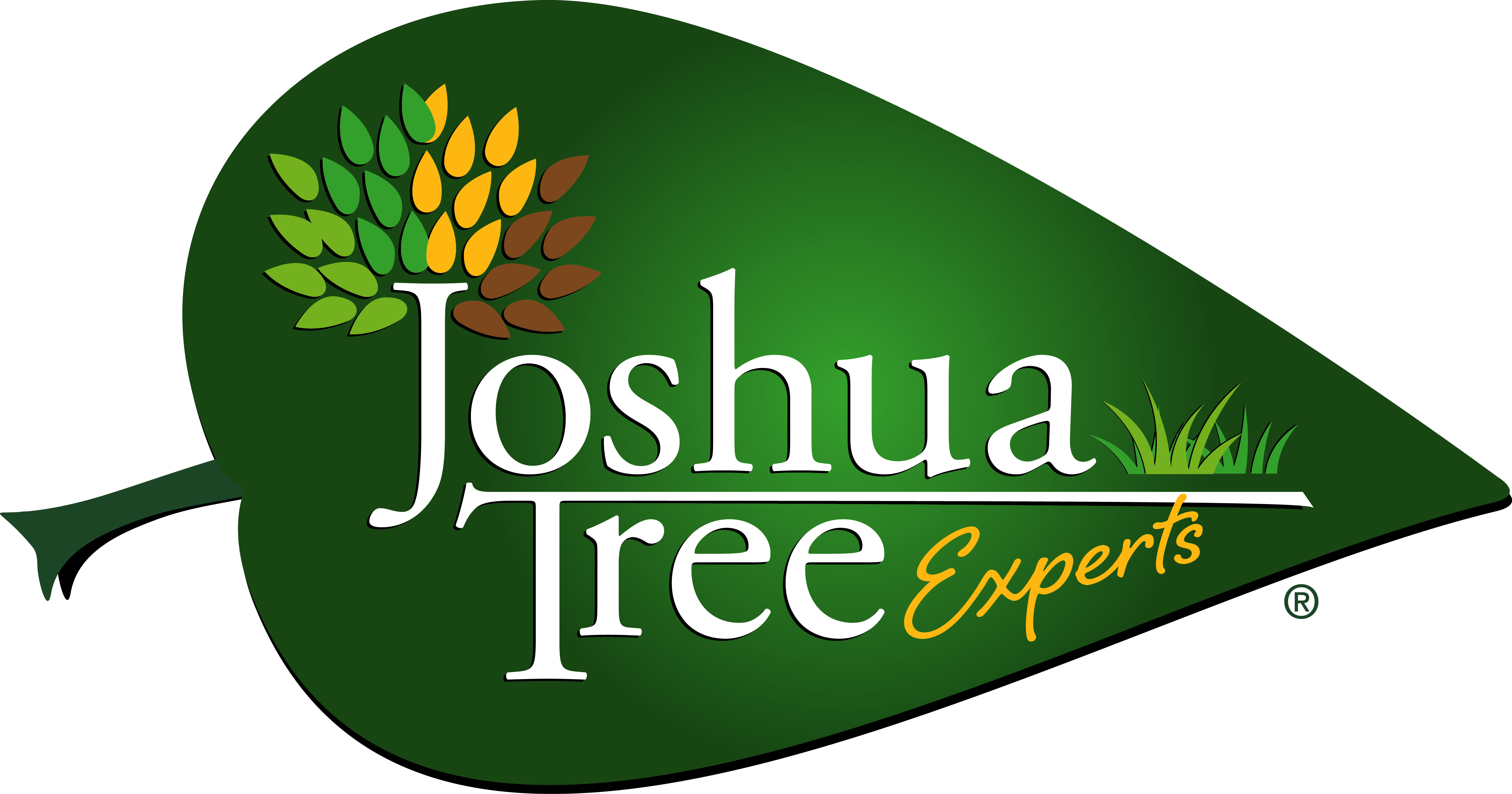When it comes to having a healthy and thriving lawn, people don’t always think enough about the soil that it’s growing in. But the truth is, the quality of your soil will ultimately determine the quality of your lawn…and there’s no way around that.
That means even if you’re doing all the right things including fertilizing, watering, and controlling weeds, your lawn might still struggle if the soil is unhealthy.
This is why we stress the importance of lawn soil testing. The results of lawn soil testing tell lawn care professionals exactly what will be needed to maintain good lawn health.
One of the factors that we look for with lawn soil testing is the pH level. It’s important that you have a proper pH balance that is suitable for your grass to grow.
In this article, we’ll talk about how to test soil pH and why it’s so important.
How to Measure Soil pH
As far as how to measure soil pH, this is where lawn soil testing comes in handy. It will not only measure pH but also the nutrient balance in the lawn.
But why does pH matter so much?

To answer that, let’s take a journey back to your science class days. If you can remember back to your high school chemistry class, you may recall that pH is a way to measure the amount of acidity or alkalinity present. It’s measured on a scale from 0 to 14.
At its midpoint, a “7” would be considered neutral. That’s because extreme acidity is at the low end of the scale and extreme alkalinity is at the high end.
What often shocks people is that the pH scale is logarithmic, which means an increase or decrease of an integer value changes the concentration tenfold. In other words, a pH of 3 is ten times more acidic than a pH of 4.
This means that even a slight variation is actually a pretty big deal. Incorrect soil pH could end up leading to lawn problems that will need to be corrected.
Soil pH problems could lead to yellowing grass, thinning grass, or even weed pressure.
Whenever a lawn is struggling, opportunistic weeds take that moment to creep in. Many weeds actually prefer to grow in soil pH that is lower than grass prefers. That means that you could have soil that is better for weed growth than grass growth.
However, depending on what grass type you have growing, that might not be a problem. In order to grow healthy cool-season turfgrasses like Kentucky Bluegrass, Perennial Ryegrass, or Turf Type Tall Fescue (our preferred choice), it’s important to make sure that your soil is between 6.5 and 7.0 on the pH scale.
For that reason, many lawns do need corrections.
Raising pH Levels in Soil
In most cases, a limestone application is the solution for raising pH levels in soil.

But we can make sure that your pH level is balanced for whatever turf species you are growing on your lawn. Our soil tests do let us know the pH buffer content in your soil (something that DIY soil testing kits generally leave out). Sometimes lawns need a sulfur amendment, rather than lime.
It’s very important that you don’t overlook the importance of correcting pH issues in your lawn.
Lawns that grow in acidic soil will always remain at a disadvantage. Nutrients, whether naturally found in the soil or supplemented with regular fertilizer applications, will only get partially utilized by grass plants in low, acidic soil pH. This can often result in lawns not being as green as they should be, and overall thinning of your grass.
A lawn limestone treatment will not only help your soil to release these valuable nutrients to your grass plants but will also help you to ultimately see fewer weeds that thrive in low soil pH.
You can and should use lawn weed control treatments to remediate weedy situations, but this is only treating symptoms of an underlying problem in the soil.
Another benefit of a proper soil pH is its impact on microbial life. Soil contains microorganisms that naturally break down thatch (a naturally-occurring layer of dead grass parts). If the thatch layer builds up past ½”, it can contribute to pest infestations and other negative grass health issues.
It is important to note that not all limestone treatments are created equal. The quality of the products out there can vary greatly and this is going to impact your results. Just like any other lawn care service, some lawn care companies skimp on what they’re offering to save some money (but deliver subpar results).
At Joshua Tree Experts, we are using a high-quality limestone product for raising pH levels in the soil. Note that fall is the best time to add lime to a lawn.
Additional Benefits of Lawn Soil Testing
Of course, knowing whether to remedy pH issues is not the only benefit of lawn soil testing. A lawn soil test will also look at nutrient levels and see where corrections might need to be made.
At Joshua Tree Experts, when we perform a lawn soil test, we’re looking closely at the results and where we need to make amendments to correct problems with the lawn. What’s amazing to homeowners is how different their lawn soil test results can be from a neighbor—even right next door!
That’s why it’s so important that action is taken on the results.
At the end of the day, it’s what you do with your soil test results that really matters.
Think of it like bloodwork. If you were to get blood drawn and found out your cholesterol was high but didn’t make any dietary or medication changes, you wouldn’t see a difference the next time that you had blood drawn.
The same is true for lawn soil test results.
It’s not enough to just have the test performed. Your lawn care company actually needs to follow through on what the results show—and unfortunately, many don’t. Many companies are just performing lawn soil tests because they know it looks good. But without following through on the results, it’s meaningless.
Professional Lawn Soil Testing with Joshua Tree Experts
At Joshua Tree, we know that what lies beneath the surface of your lawn is critical to your lawn’s success. That’s why we put a strong emphasis on soil health. That includes not only keeping an eye on pH but also the nutrient levels…and making adjustments as needed.
Soil health is often undervalued, even by some pros. But when you’re paying close attention to these details, it can make a big difference.
It is our goal to help deliver the best possible lawn care results so that you can enjoy your lawn to the fullest.
With the right care for your lawn, you’ll gain valuable peace of mind. If you’re interested in having your lawn inspected and its health assured, contact us for a free quote or give us a call at 833-JTE-TREE.



